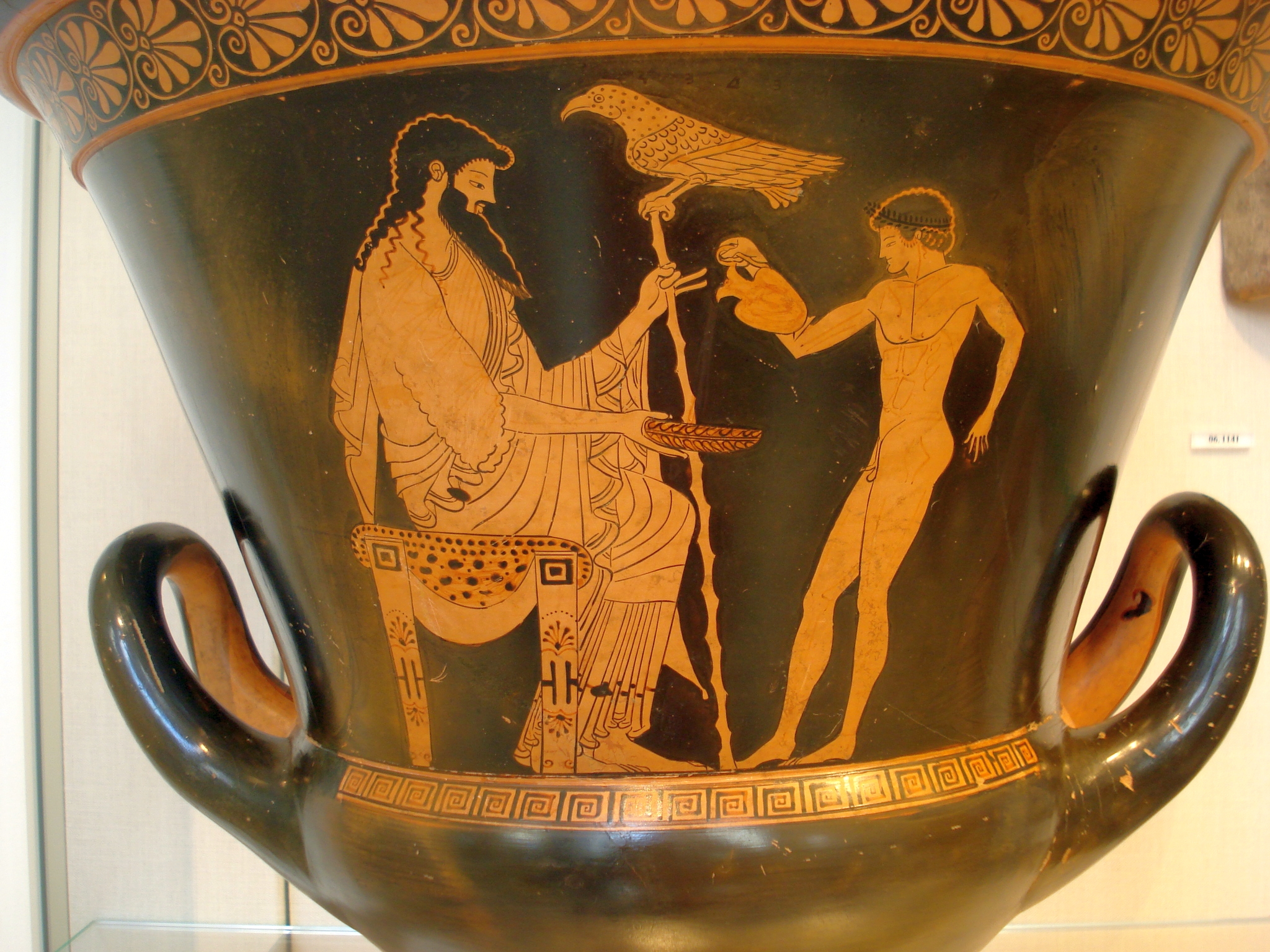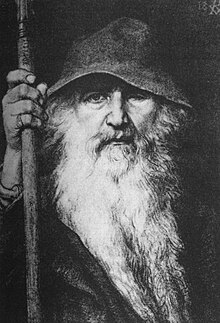 |
| Royal Scepter |
In my mind, Agamemnon's rod of kingship looked something like a Roman baton of captaincy. That was a model I could use, mentally, to imagine a Greek king's symbol of office.
Then King Agamemnon rose, holding his sceptre. This was the work of Vulcan, who gave it to Jove the son of Saturn. Jove gave it to Mercury, slayer of Argus, guide and guardian. King Mercury gave it to Pelops, the mighty charioteer, and Pelops to Atreus, shepherd of his people. Atreus, when he died, left it to Thyestes, rich in flocks, and Thyestes in his turn left it to be borne by Agamemnon, that he might be lord of all Argos and of the isles. (Iliad, Book II)
 |
| A Russian Field Marshal's Baton |
Recently, I have been reading the Aeneid. Within, the traditional scepter of office of both the Greeks and the Trojans is referred to interchangeably as a rod, a scepter, and a staff. I decided to do some research on the matter.
The Greek word, rhabdos, as it turns out has several meanings. Rod, staff, wand, cudgel; all are encompassed here. So what did the ancient Greek kings carry? Were they small rods, as in the Roman rods of office given to a legate? Where they something more?
 |
| Zeus holding a staff or scepter |
 |
| Anchises on Aenaes' back, carrying his scepter of office; Ascanius, the son of Aeneas, follows with his father's staff and a bow |
So we can see that the staff was already undergoing a sort of transformation into what we think of as a scepter.The original wooden staff, in consequence of its application to the uses now described, received a variety of ornaments or emblems. It early became a truncheon, pierced with golden or silver studs (Il. I.246, II.46). It was enriched with gems (Ovid, Met. III.264), and made of precious metals or of ivory (I.178, Fast. VI.38).
Why is any of this important? What does this have to do with Dungeons and Dragons in specific or fantasy in general? I hear you clamor! But wait, for I promise to bring it around again to something dealing with the fantastical.
Staffs, as they are generally depicted, signify power. Indeed, the long staff is related to the kingly scepter, representing a grave power indeed and one that descends from the Gods, implying supernatural agency. Is it any wonder, then, that the modern notion of a wizard is often incomplete without reference to the wizard's staff? At its most basic, these are all phallic symbols meant to display the mightiness of one's manhood, of course, but there are more complicated social layers atop that.
Interestingly, wizards in fantasy are often depicted as defying the traditional hierarchies of power. They can advise kings even when they themselves are baseborn, and they can talk back to feudal lords because of the fearsome powers at their command. This is directly expressed in the lesson of the staff, which may also serve (as Tolkien says) as a "prop for old age," or as the walking stick of a weary traveler. Wisdom, power, and outsidership combined in one fell package? Sounds wizardly to me!
Let us not forget another prototypical ur-wizard figure, the wandering magician and knowledge-seeker who leans upon his staff or spear but comes from a non-Mediterranean background: Odin.
 |
| Grandaddy Wizard, Odin the All-Father (interestingly, an appellation also given to Zeus as "father of all" or Ius Pater/Jupiter in Latin) |

Wizards: no sense of staff or rod.
ReplyDelete